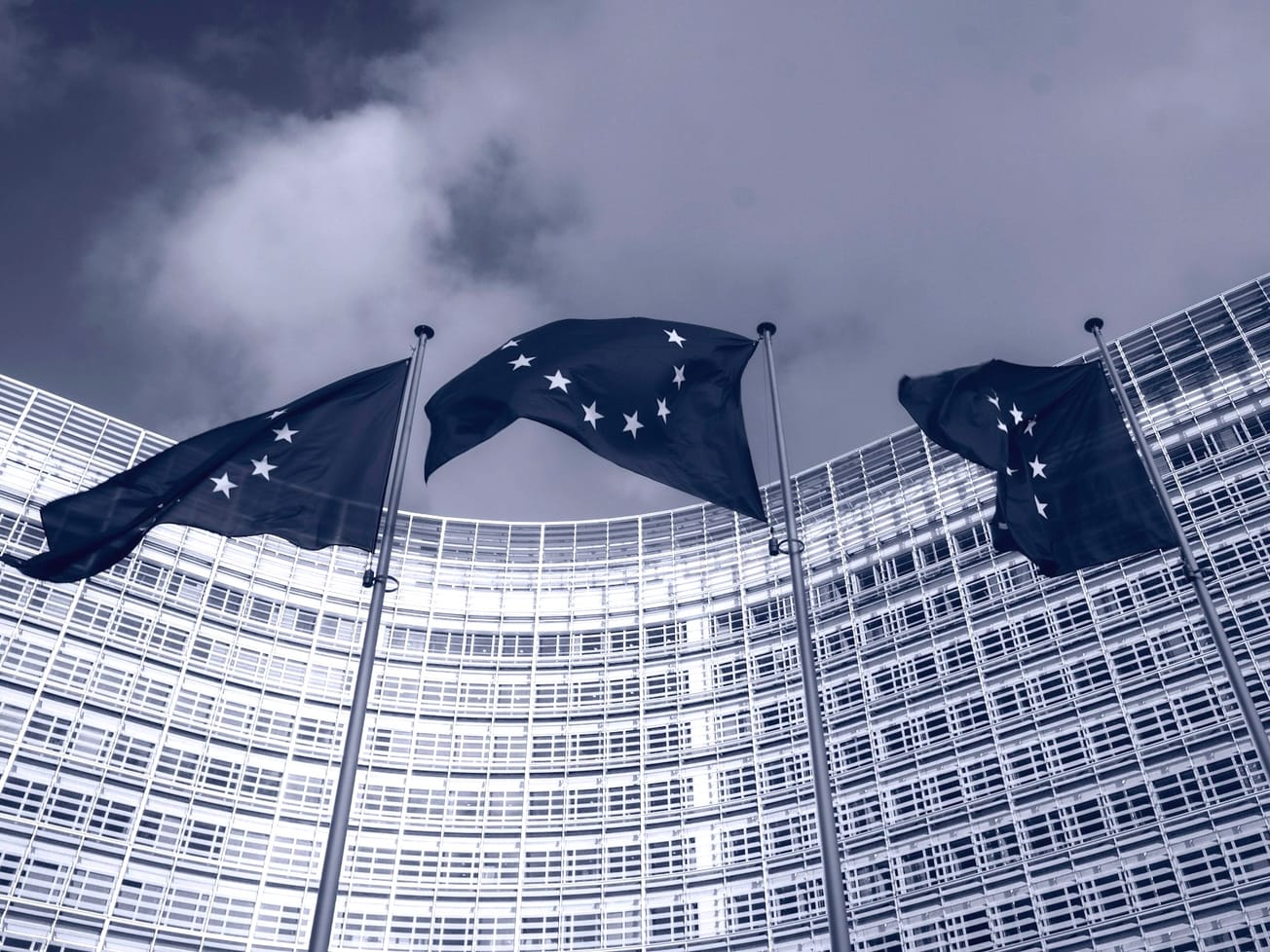BRUSSELS (AN) — Hungary assumed the rotating presidency of the Council of the European Union, granting Prime Minister Viktor Orban, a frequent critic of the E.U., key agenda-setting powers for the next six months.
Hungary's ascent on Monday gives Orban, accused of eroding democracy at home, a significant platform as far-right parties gain ground across Europe and crucial decisions loom on Ukraine aid and E.U. enlargement.









